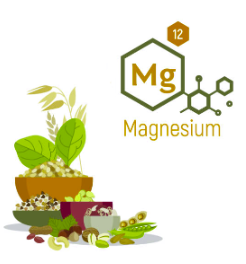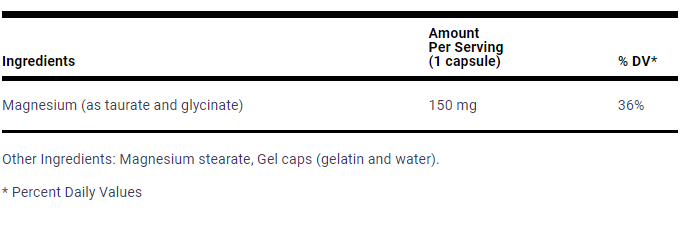Coral Magnesium was created for the following benefits:
*After pressing this button, you will be redirected to Coral Club’s official online
store, where the price of the product in your region, as well as its availability, will be indicated.
Coral Club membership program with a discount of 20% and more
Register for a discount card and receive - 20% forever
register
Coral Magnesium is an important product, especially for the cardiovascular system. It is a leading activator of the neuromuscular stimulation. The product strengthens the energy potential of the heart muscle, ensuring a stable heart rhythm and regulating the integrity of the blood vessels.
Coral Magnesium contains magnesium glycinate and magnesium taurate, which are easily absorbed by the body and are generally well tolerated. Magnesium is essensial to the body to synthesize enzymes, thus playing a role in over 300 enzyme reactions in the body. Coral Magnesium helps muscle and nerve functions as well as supports cardiovascular and neuromuscular tissue health. Magnesium regulates the essential calcium sodium balance at the cellular level. Magnesium helps make protein, DNA and supports bone health.

Magnesium is an important mineral that acts in tandom with calcium for optimal absorption. One of the most important functions of magnesium is to protect the nervous system from stress. Magnesium helps ease Central Nervous System (CNS) excitation, helping to reduce feelings of anxiousness and irritability. Magnesium supports healthy blood flow and aids in blood vessel maintenance. It also plays an active role in the formation of musculoskeletal tissues as well as serves as a structural component of bones and tooth enamel.
Feel free to reach out for more information.

Additionally, magnesium aids in regulating blood clotting, maintaining healthy blood vessels, and preventing the formation of cholesterol plaques. It also strengthens the immune system and supports post-exercise recovery.
Magnesium (Magnesium taurate and Magnesium bisglycinate), other ingredients.

Take two capsules twice a day with a meal.